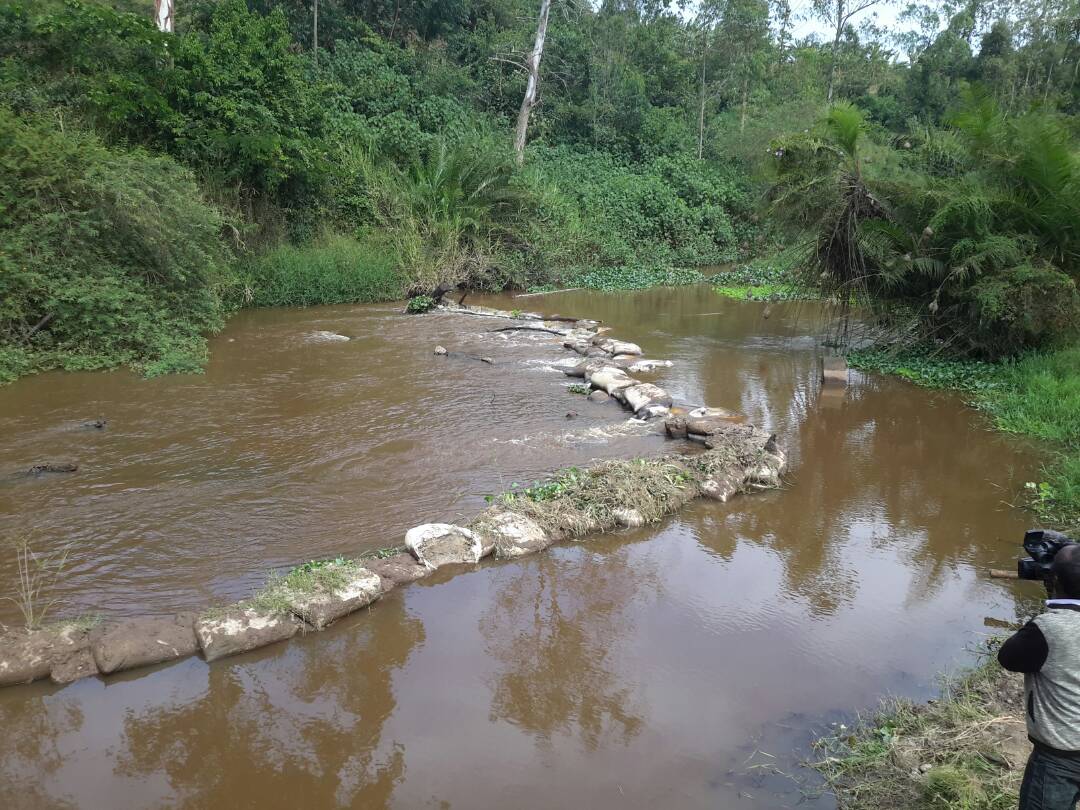Some 100,000 households have been urged to conserve water in raised parts of Mbarara, Western Uganda due to a prevailing dry spell has caused a drastic drop in the water levels at River Rwizi.
National Water and Sewerage Corporation has urged households and businesses to reduce consumption where possible because Rwizi’s situation has significantly affected water production in the area. Water experts say Rwizi, Uganda’s biggest river feeding Lake Victoria is drying up and has been reduced to almost a channel after years of environmental destruction accelerating the impact of climate change.
NWSC has said ‘this act of nature that is totally beyond our control’ but they are continuing to monitor and manage the situation on a daily basis.
Some of the areas affected by shortages include Karugangama, parts of Kitebero, Rwemirinzi, Kakoma in Kaberebere, parts of Survey Cell, Rwobuyenje, Rubaya, Kamatirisi, Kakoba – Muyenga, Kakoba – Alliance, parts of Kakiika and Bunusya among others.
“The prevailing dry spell has caused a drastic drop in the water levels at River Rwizi. This has significantly affected water production in the area resulting in intermittent supply to some parts of Mbarara,” the utility’s Snr. Corporate Marketing Officer, Jon Fisher Sekabira said.
“The most affected areas are the raised parts of Mbarara. As we continue to undertake some interventions aimed at alleviating the effects of the reduced river levels, we urge all our esteemed customers to, when water is received, save as much water as possible and use it sparingly,” he added.
The warnings to conserve water come due to a lack of rainfall, which has also impacted on the livestock survival in Greater Ankole area.

TheUgandan also understands that River Rwizi is running out of water frustrating most of the industries and smaller cottage businesses.
“We need to advocate for swamp restoration, protect water sources, and protect our catchment and more. Mother nature is getting angry each day,” Mr. Sekabira said when asked about the human activities that has significantly reduced the water levels of the Rwizi River.
“The extreme weather conditions can get worse. Climate change is getting real. We need to protect our swamps, rivers, plants and trees.”











